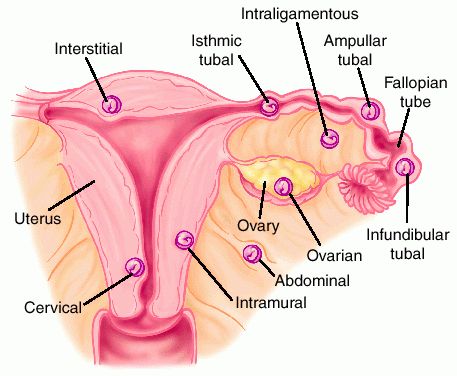
When I was pregnant with Abby, I did a bunch more screening that I either opted out of or didn’t have available when I was pregnant with Penny. I remember being amazed: new tests from amniocentesis or CVS are becoming available and affordable so rapidly that a gap of just 22 months can mean significantly different tests. Medical researchers are creating and refining these tests, but other researchers are looking at another angle: what ethical questions do these tests lead us to? will parents treat a kid differently if we have fuller knowledge of our kids’ risk for genetic abnormalities or diseases? A recent study says that more information, earlier, is a good thing so far, but many patients still resist the tests — and though that’s not how I roll, I understand why.
The study in question, published in Pediatrics this month, studied some 2,000 moms at hospitals in North Carolina and looked at their reasons for deciding whether to have their newborns screened for Fragile X, a genetic disease that can cause mild to severe mental retardation. relatively few moms opt for this screening, which can be done pre-conception (to find if the mom is a carrier), in utero (via two different methods), at the baby’s birth, or later in the child’s life, say at age 3 or 4, when symptoms begin to appear. when it was offered as part of a newborn screening array, about 63 percent of moms agreed to find out if their babies could be affected by Fragile X, with a higher percentage of African-American moms opting out. The upshot of the survey was that while most parents do want to know if their kid might later turn out to have an issue such as Fragile X, many are happy to choose not to know, and their reasons range from a mistrust in the medical establishment to worries that they’d treat their children differently. That’s pretty interesting. but what’s more interesting is who did the study and why. Dr. Debra Skinner, Ph.D., who is one of the study’s authors, works for the Center for Genomics and Society and the Fragile X Research Center at the University of North Carolina (Chapel Hill). She’s part of a growing field of scientists interested in ELSI research — the ethical, legal, and social implications of these kinds of genetic tests. As they get more detailed, cheaper, and less invasive, what do these tests mean for moms, and who gets the final say on what the test results mean? “before long,” she says, “you’ll be able to get your whole genome scanned for pretty cheap, and it could be that we won’t even need the newborn screenings — we’ll be able to identify everything. and that opens a huge can of worms. do you want to know if your baby has an elevated risk for Alzheimer’s 40 or 50 years down the road?” but the tough questions aren’t reserved for the future — they’re popping up now, too. now that it’s easier to find out if a child is a carrier for Fragile X or will be affected by the syndrome, moms need to figure out how much they want to know. Skinner has worked with families that have four Fragile X kids before they realize they have a genetic predisposition for the syndrome. That can lead to a huge load on a family’s resources — both financial and emotional. “We work with many Fragile X families for years, and by far, the overwhelming answer when we ask is ‘we wish we had known before we had children,’” she says. “The trouble is, they love the children they have, but they might not have had those children if they had known. So you see where the problems arise.” A lot of parents who opt not to have their newborns tested say they’re worried that they’ll treat the baby differently, but according to Skinner, that’s not a concern. “at first, it’s a surprise, but people take in the information and use it to adapt to the situation and then quickly get measures in place to help their child,” she says. That might include advocating for their kids who need specialized services, making choices about whether to have more kids, or just avoiding endless rounds of doctor visits to find out why their kid is having health problems.
For the record, I did almost no genetic testing on Penelope, because I was just that desperate to spawn. when Abigail rolled around, I did all the tests I could — though I worried about the risk of miscarriage — because I had a family who would be impacted by a special-needs baby in a different way. I’m grateful that I didn’t have to make any kind of tough choice, and the experience has almost eliminated the judgment I might make on anyone else who had to do so — no matter what her choice was. would you test for an incurable condition? when would you want to know if your kid had something like Fragile X? ?
Image via Image Editor/Flickr